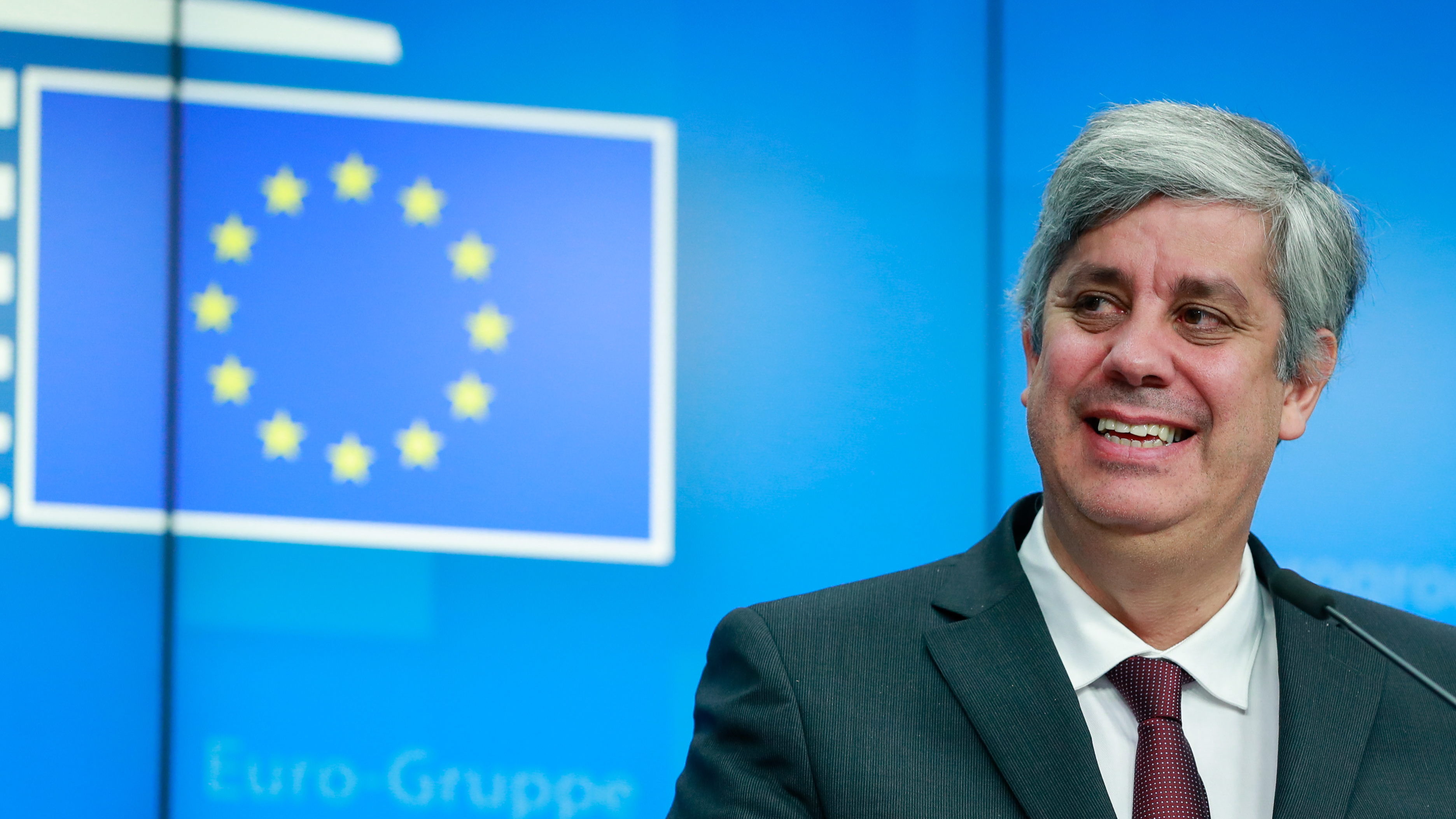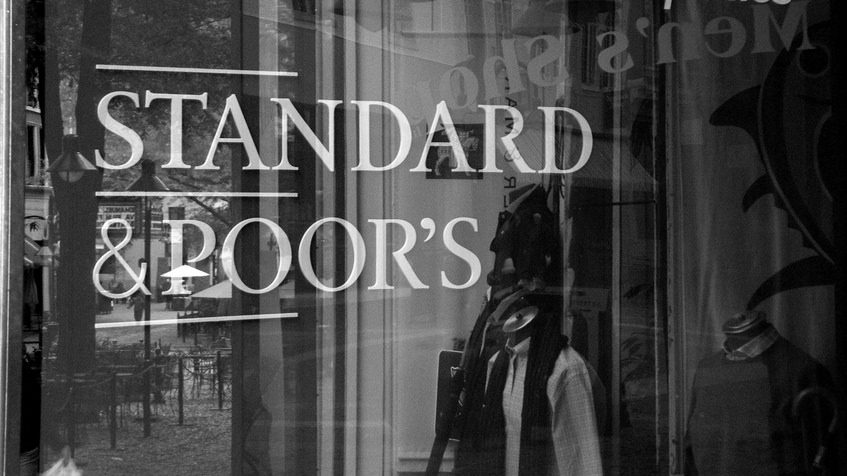Central bank governor asks not to participate in CGD audit decisions
Carlos Costa, the governor of the bank of Portugal, has requested not to participate in any of the decisions related to EY's audit to Caixa Geral de Depósitos, a Portuguese public bank.
Bank of Portugal governor Carlos Costa said on Monday he requested in November to not participate in decisions regarding state bank Caixa Geral de Depósitos’ audit.
According to a note published by the central bank today, his request was accepted by the board of directors.
Last Friday, Carlos Costa said in a statement that he asked to not participate in the central bank’s decisions regarding Caixa Geral de Depósitos’ audit as he had been a director of the bank between 2004 and 2006 and that that request was accepted.
A committee of inquiry of Portugal’s parliament into state bank Caixa Geral de Depósitos (CGD) is to determine whether there was “political interference” in the procedure under which massive loans were granted from 2000, Lusa recently found.
In the text, which Lusa has seen, it is proposed that the committee verify “CGD management practices in the field of granting and management of credit and other financing modalities since 2000.”
It is also to scrutinise “in particular … credit positions and financial exposures of larger value and/or which present higher unpaid or restructured amounts, including the process of approval and treatment of any relevant loan guarantees, defaults, restructurings and recovery.”
Secondly, MPs are asked to examine the “purpose, criteria and rationale of those decisions of granting and managing credit” and, finally, any “possible political interference in these decision-making processes”.
A version of the EY audit of CGD for the period 2000-2015, dated December 2017, states that the public bank administrators received “variable remuneration” and “votes of confidence”, even when the bank had made a loss.
The audit indicates “important organisational weaknesses” that may have contributed to poorly substantiated decisions in the granting of credit. It found seven credit concession transactions with serious or high risk and losses worth more than €1 billion, including the financing of a factory owned by Barcelona-based La Seda at Sines.




